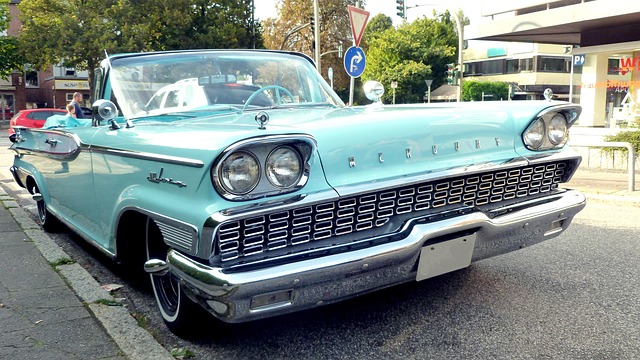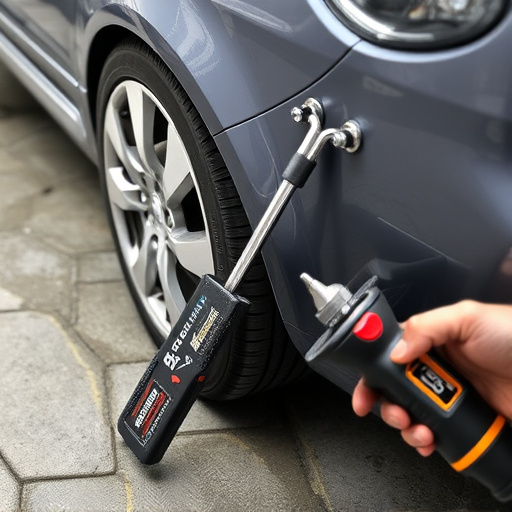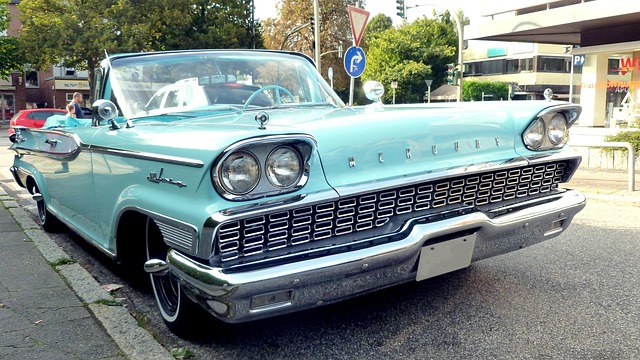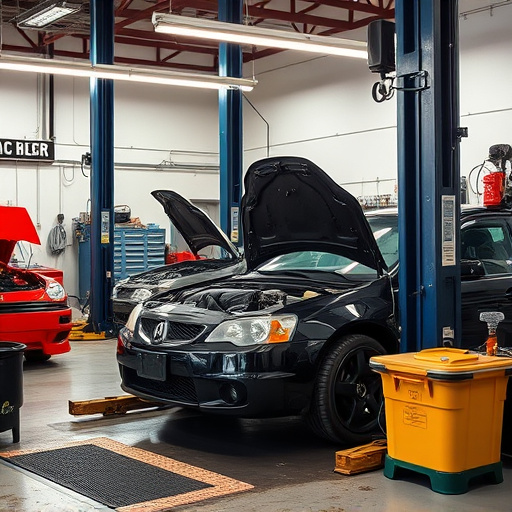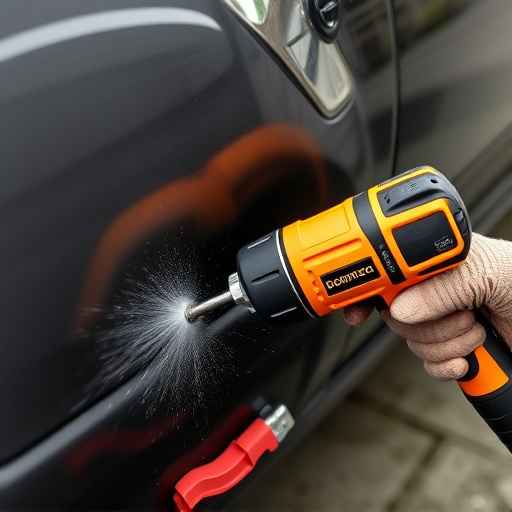Collision claim settlement involves filing a claim, insurer damage assessment and liability evaluation, negotiations for repair costs, medical bills, and related expenses. Key aspects are effective communication to manage expectations and streamline the process, and securing fair compensation through comprehensive documentation, market research, and informed advocacy.
Managing a collision claim settlement can be complex, but with the right strategies, it doesn’t have to be overwhelming. This guide breaks down the process, offering insights into effective communication with insurance providers and tips for negotiating fair compensation. Understanding your rights and knowing how to navigate the collision claim settlement landscape are crucial steps in ensuring you receive adequate reimbursement for any damages incurred.
- Understanding Collision Claim Settlement Process
- Effective Communication Strategies for Claims
- Negotiating Fair Compensation: Tips and Tricks
Understanding Collision Claim Settlement Process

The collision claim settlement process involves several steps that can seem daunting for those unfamiliar with it. It begins when an individual files a claim after being involved in a car collision, whether minor (fender bender) or severe. The insurer assesses the damages to both vehicles and other property, as well as any injuries sustained. This evaluation determines the extent of liability and the amount of compensation due.
Once the assessment is complete, negotiations begin between the insurer and the claimant. The goal is to reach a mutually agreeable settlement that covers all relevant costs, including car collision repair or replacement, medical bills, and other related expenses. Effective communication and understanding of one’s rights are crucial during this phase. Working with experienced professionals from an auto collision center can facilitate the process, ensuring every aspect of the claim is addressed comprehensively.
Effective Communication Strategies for Claims

Effective communication is a cornerstone when managing collision claim settlements. The process involves coordinating with insurance companies, policyholders, and often, vehicle repair facilities like dent removal or vehicle body shops. A clear and concise approach ensures everyone involved understands the next steps, expected timelines, and potential costs. This includes explaining technical details about the damage assessment in a simple manner, avoiding jargon that could confuse the claimant.
Strategic communication also involves active listening to the policyholder’s concerns and questions. It’s important to address these promptly, providing regular updates throughout the settlement process. This transparency builds trust, which is crucial for maintaining positive relationships with customers. Moreover, it helps alleviate anxiety related to unexpected costs or delays, ensuring a smoother experience during what can be a stressful time following a collision.
Negotiating Fair Compensation: Tips and Tricks

When negotiating a collision claim settlement, one of your primary goals is to secure fair compensation for both the damage to your vehicle and any associated expenses. Start by gathering all necessary documentation related to the incident, including police reports, medical bills, and repair estimates from reputable collision repair shops. This comprehensive information will serve as the foundation for your negotiation strategy.
Next, understand the market value of your vehicle before and after the accident. Research similar vehicles that have been repaired and their current resale values. Additionally, consider the cost of auto painting or vehicle paint repair, especially if significant aesthetic damage exists. Being well-informed about these aspects empowers you to present a strong case for compensation that reflects the extent of the damage and ensures your financial interests are protected throughout the collision claim settlement process.
Managing a collision claim settlement doesn’t have to be a daunting process. By understanding the steps involved, employing effective communication strategies, and mastering negotiation techniques, you can navigate this journey with confidence. These proven strategies empower you to secure fair compensation, ensuring a positive outcome for all parties involved in a collision. Remember, informed decision-making is key to a successful collision claim settlement.





